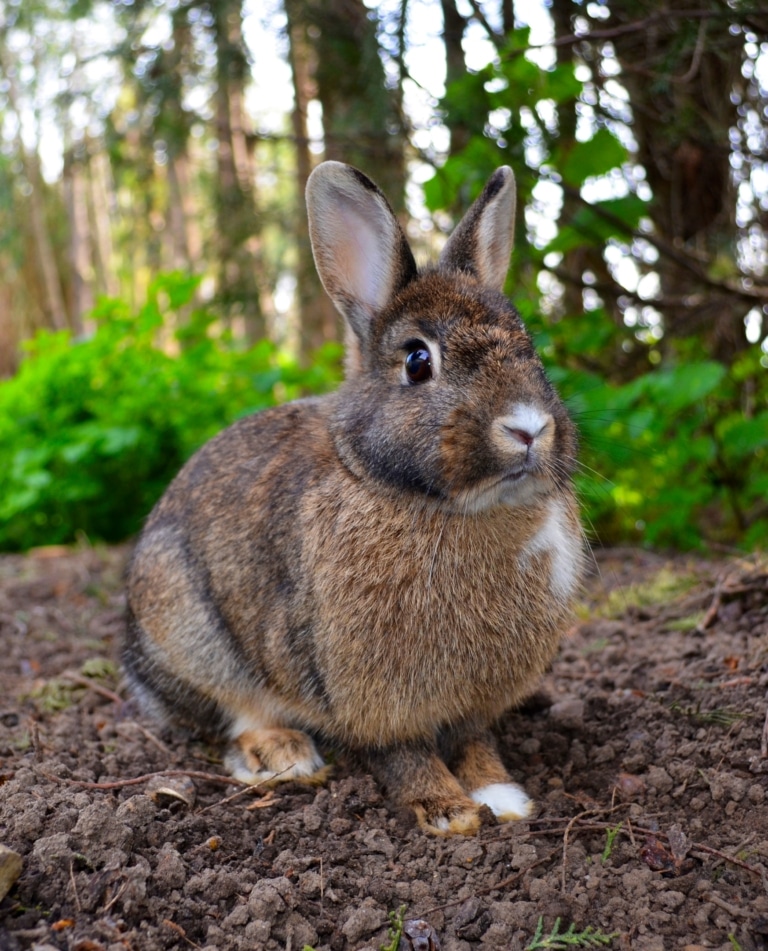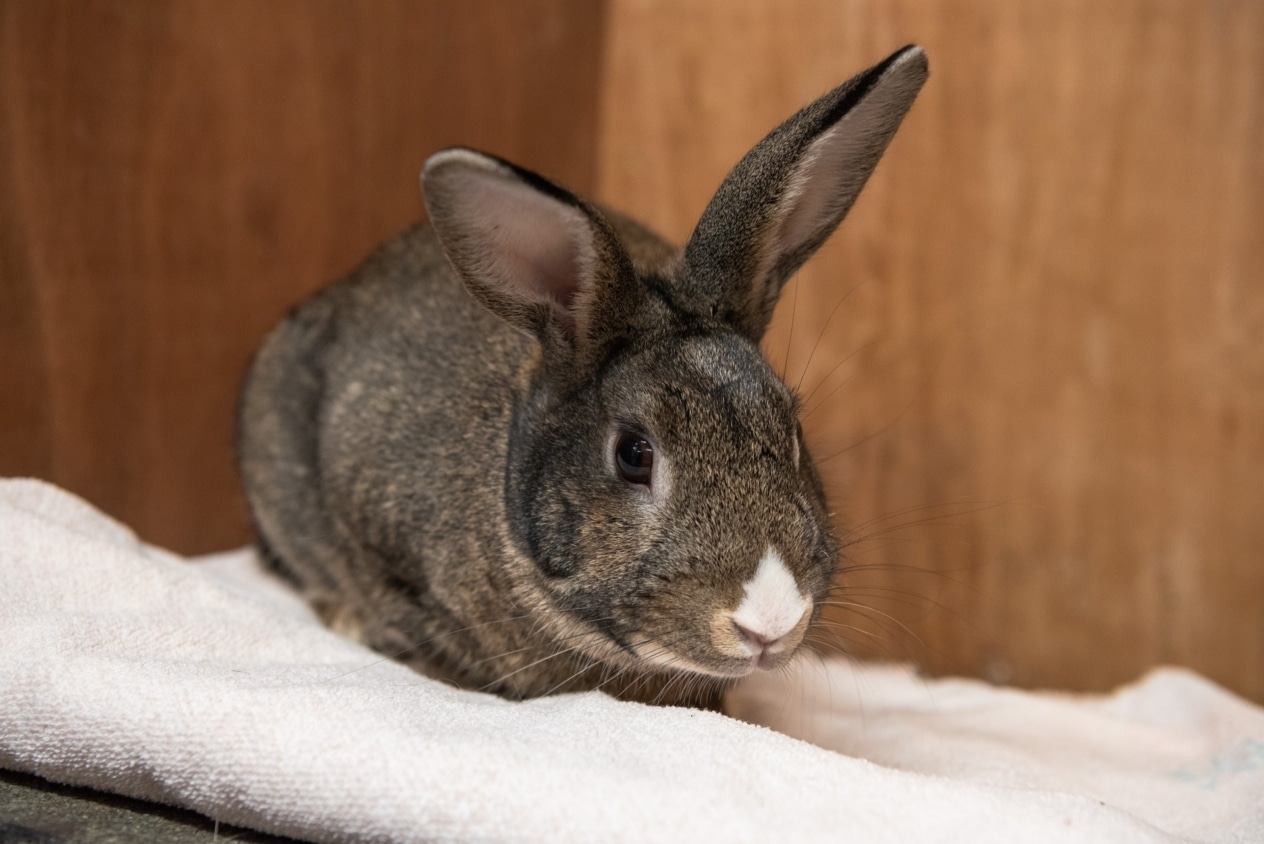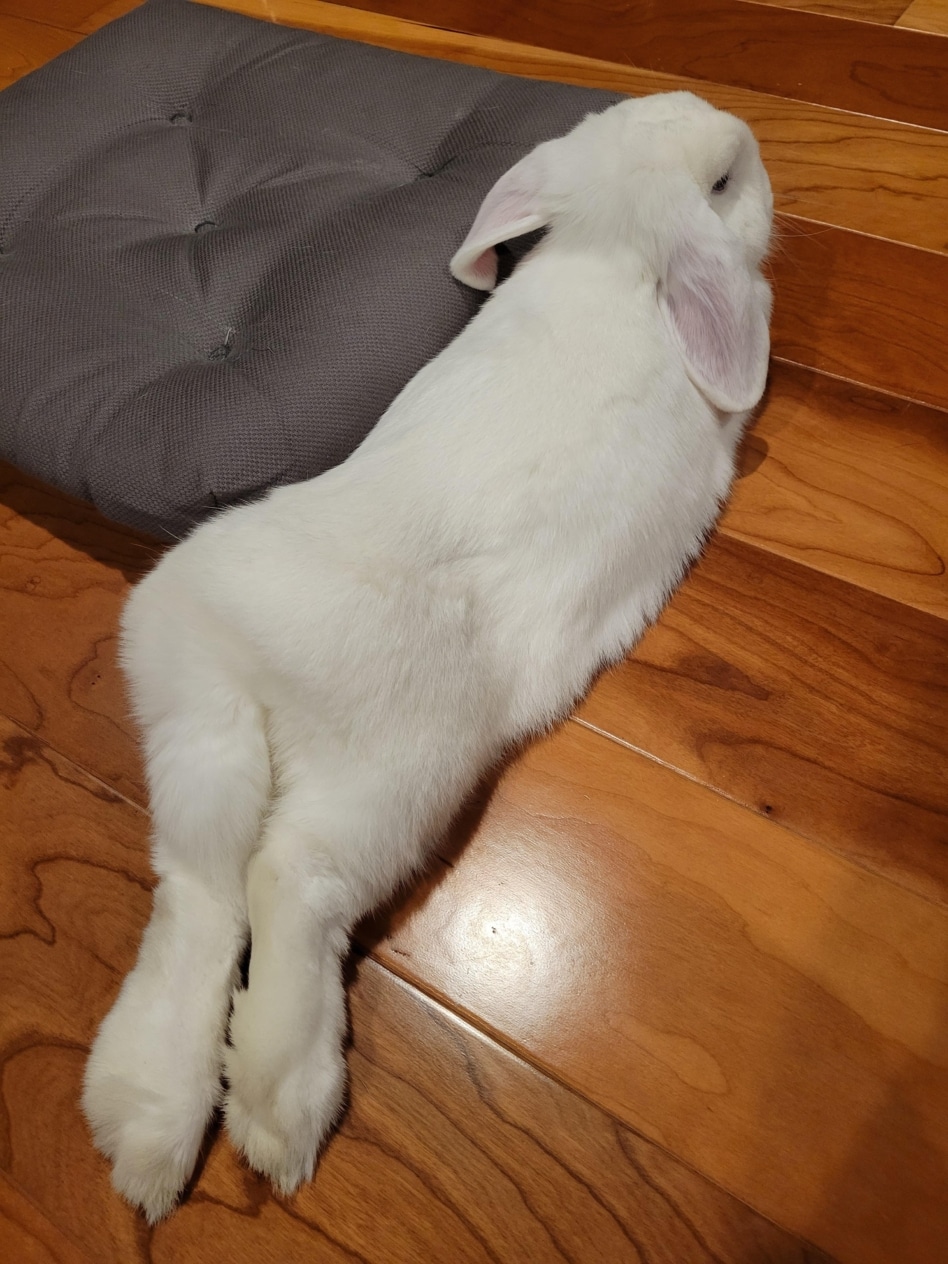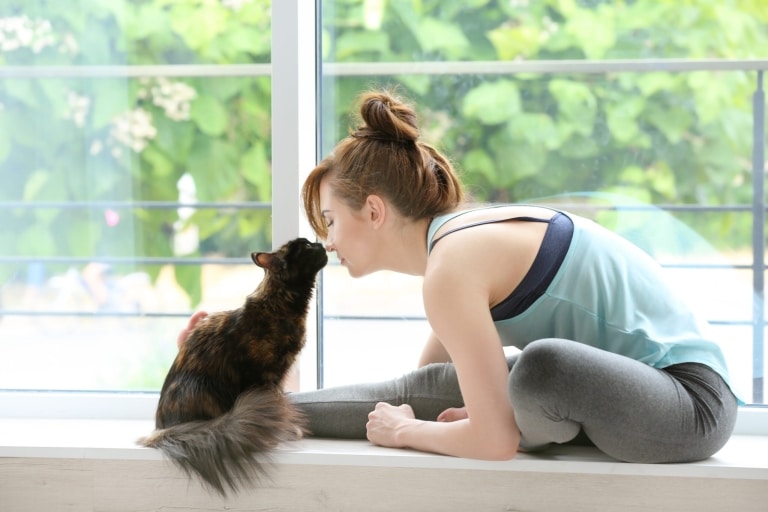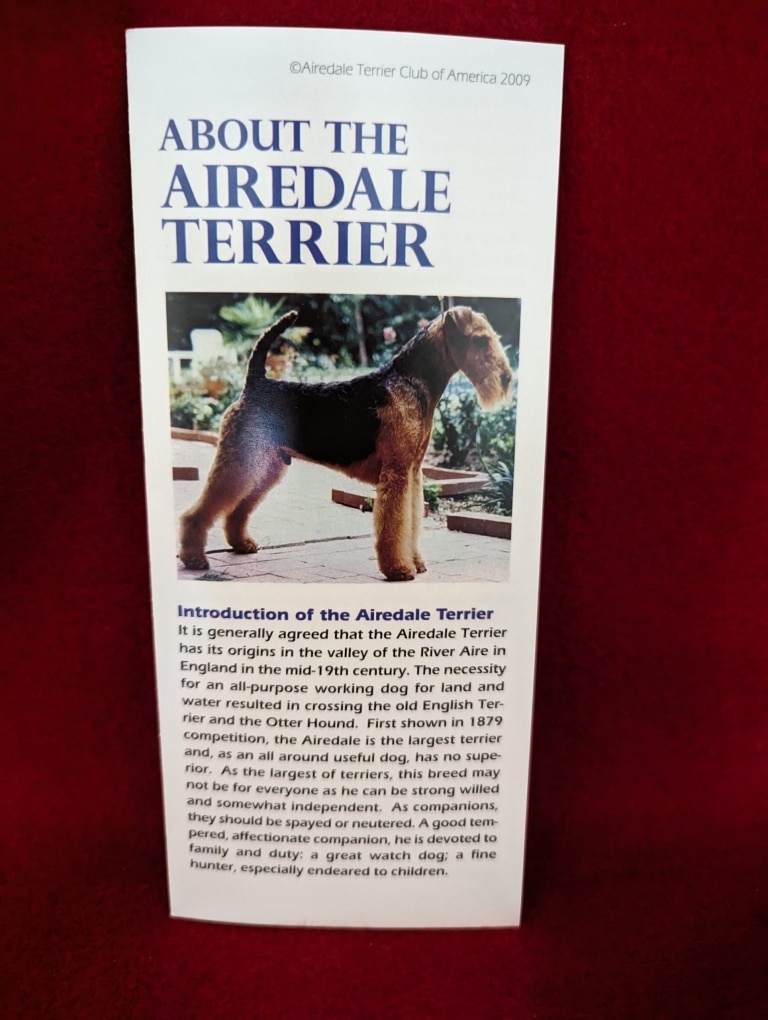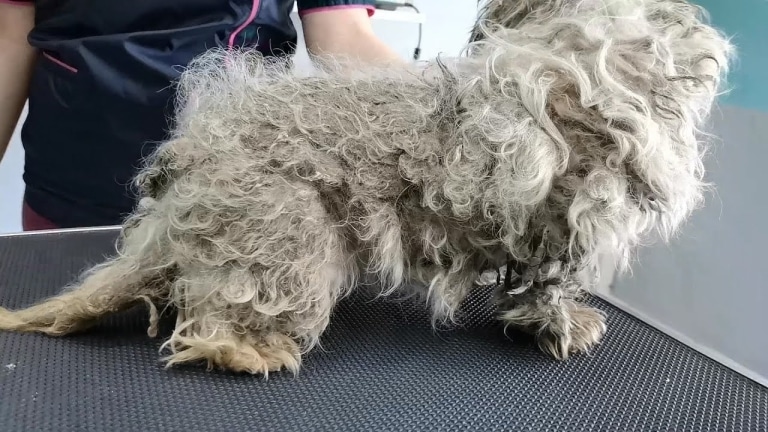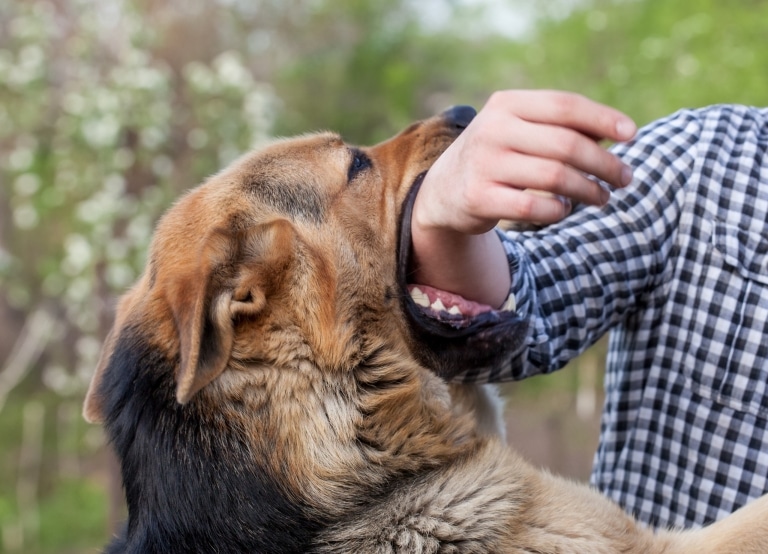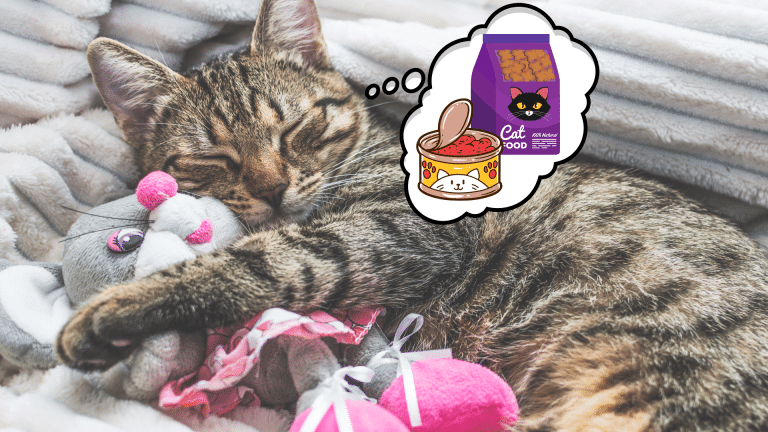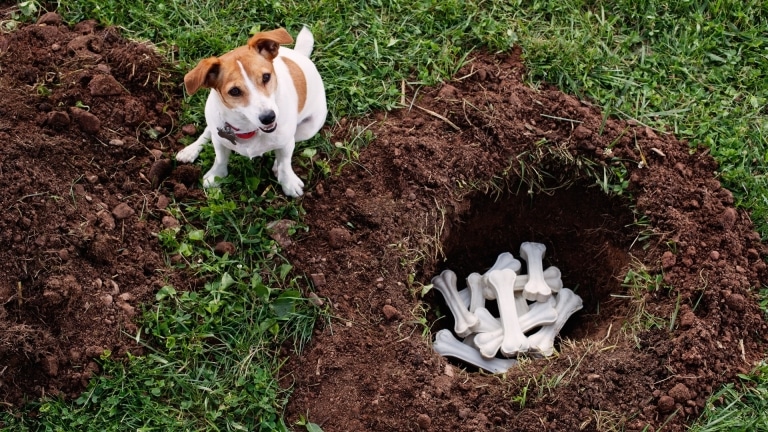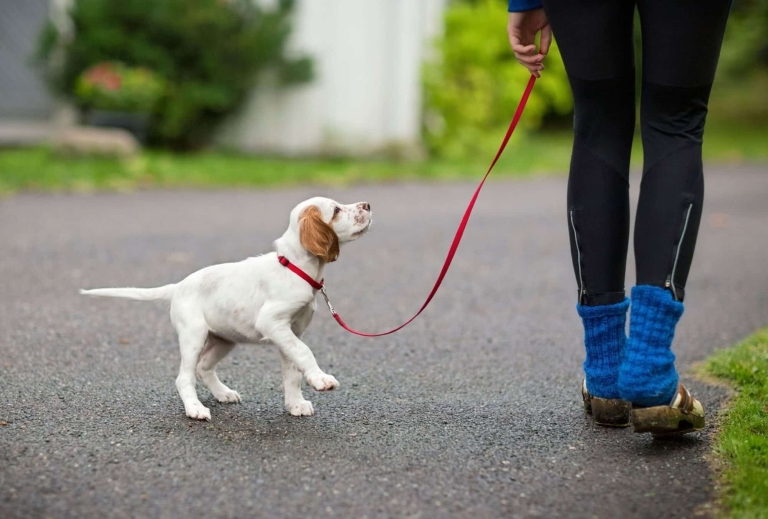We all remember from childhood the cartoon “Bambi”, where the funny rabbit Topotun taps his paw in a cute and rhythmic way. Back then, it seemed like an incredibly fun moment that elicited hearty laughter. But now that we’re grown and have our own ornamental rabbits, this gesture looks very different. The little fuzzball in the cage or on the floor suddenly starts thumping his hind paw loudly against the floor – and it’s no longer a laughing matter. Why is he doing this? Or is it a sign of fear? Should we be worried? Let’s understand from a scientific point of view.
Rabbit body language
Rabbits can’t speak, but their body language is extremely rich. One of the most expressive signals is the hind paw strike. In the wild, this is a way of warning other members of the pack of danger. A rabbit that feels threatened will strike the ground with its paw, creating a distinctive sound. It’s sort of like an “alarm call”: it says, “Be careful! Danger is near!”. In domestic conditions, this instinct has not disappeared – even decorative breeds have retained it.
The main reasons why a rabbit taps his paws
Fear and anxiety
The most common reason. A rabbit may start tapping his paws if he hears a sharp sound, feels a vibration, sees another animal or even a stranger. This is a way for him to say, “I’m scared.”Displeasure or protest
Ornamental rabbits are pretty distinctive creatures. They may bang their paws when you forcibly pick them up, move them into a cage, or deprive them of their favorite treats. It’s not so much fear as it is “grunting” in their style.Pain or discomfort
If pawing becomes regular and for no apparent reason, it may signal internal pain or illness. Rabbits tend to hide weakness, but sometimes through pounding they are trying to get attention.Loneliness or stress
In nature, paw tapping has the social function of alerting others. If your rabbit is lonely, it may “honk into the void” because it is instinctual. It also happens under stressful conditions: during renovations, moving or changes in the house.
Is this a problem?
Not always. If paw tapping occurs occasionally and in specific situations (a sharp sound, the appearance of a cat or dog, loud voices), it is a natural reaction that should not bother. But if it becomes systematic, it’s worth taking a closer look. Frequent knocking for no obvious reason can indicate chronic stress, pain or even health problems.
What an owner should do
Calm the rabbit down. If he is frightened, approach slowly, talk to him gently, and let him know there is no danger.
Avoid harsh noises. TV at full volume, rattling furniture or loud screams are all factors that can trigger a reaction.
Check the housing conditions. A cramped cage, lack of toys or lack of shelter are all stressful for your rabbit. He needs space and a cozy place where he will feel safe.
Observe behavior. If the knocking is accompanied by lethargy, refusal to eat or aggression, it is worth contacting a veterinarian.
Socialization and affection. Rabbits are companion animals. Time spent near their owner, caresses and affectionate socialization often relieves their anxiety.
Conclusion
In children’s cartoons we laughed at this gesture, but in real life it means fear, protest or pain. It is a natural form of communication laid down by nature itself. The owner needs to observe carefully and react correctly. If you understand the reason and create a comfortable environment for the rabbit, he will feel happy and calm, and pawing will remain only a rare reminder of his instincts.

